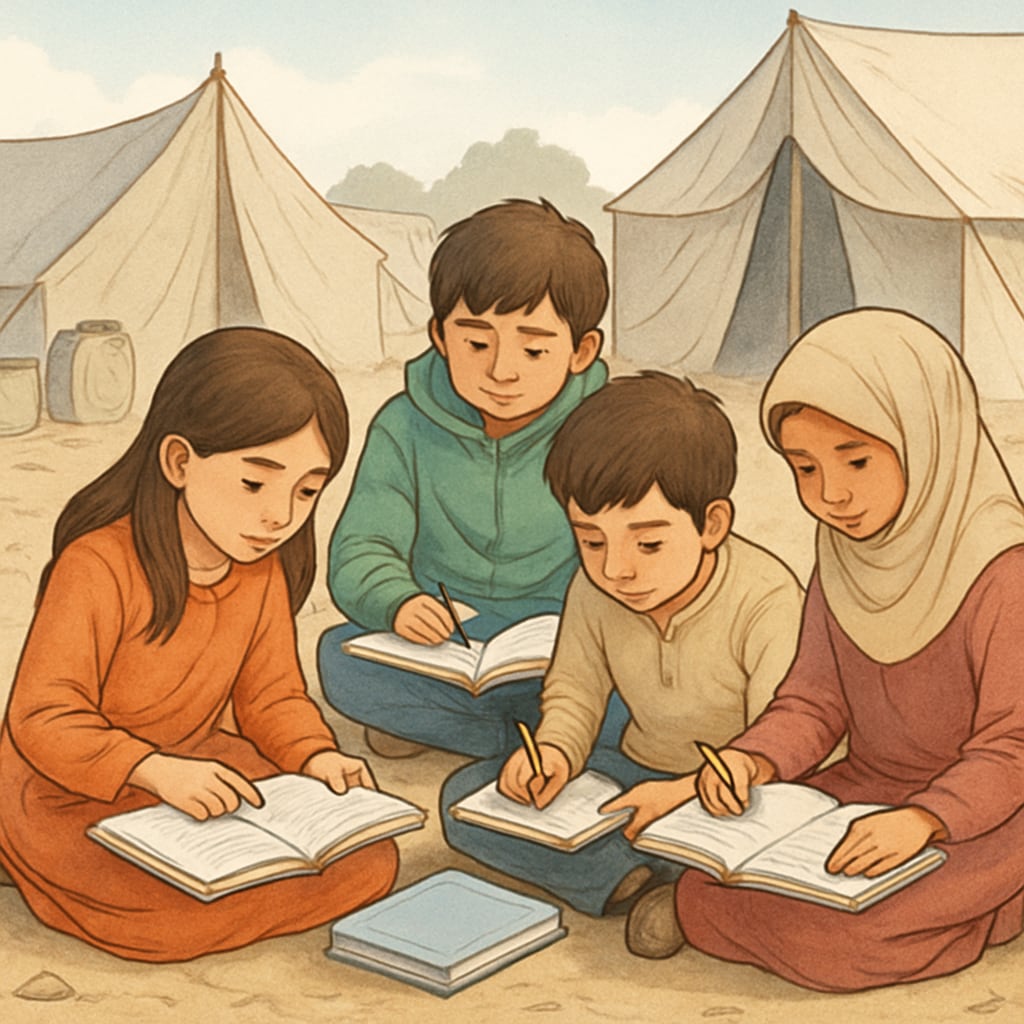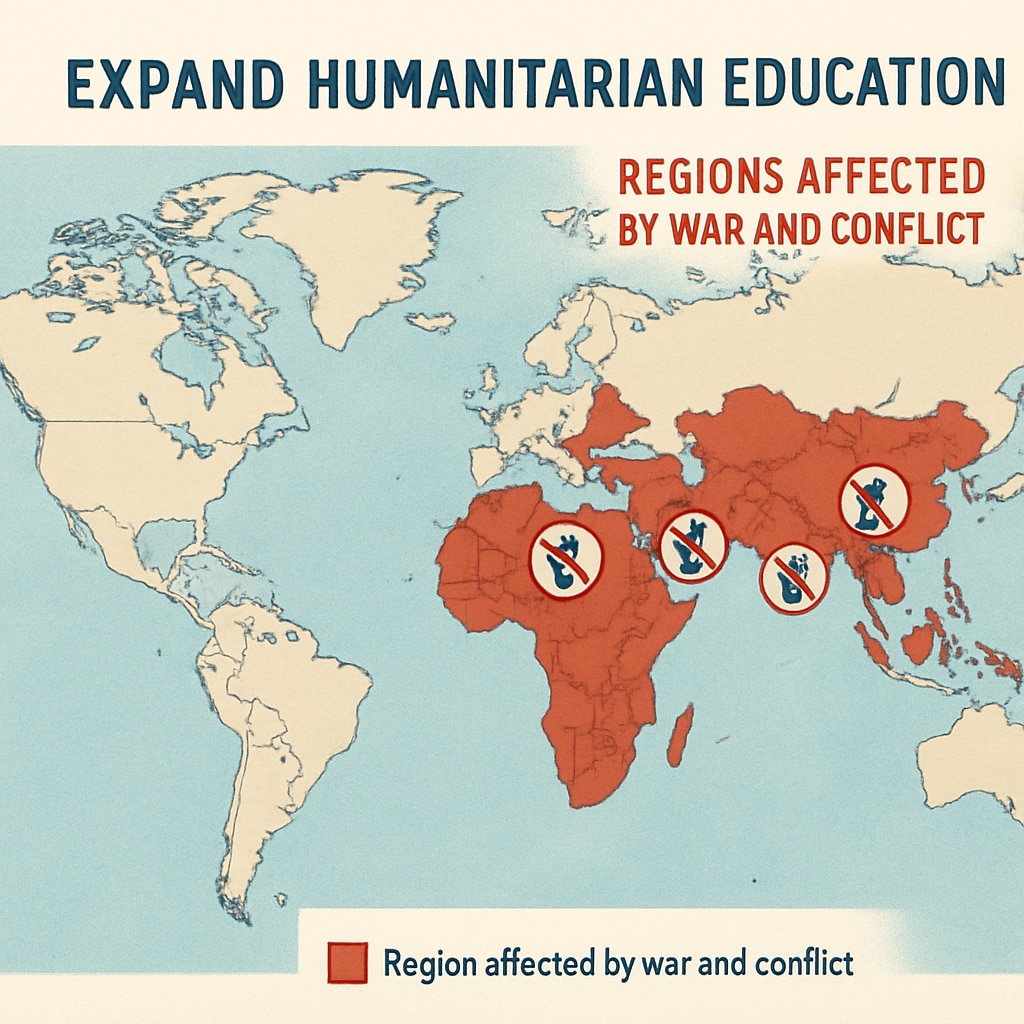Ms. Rachel, a celebrated advocate in the realm of children’s education, has become widely recognized for her humanitarian efforts, particularly in the Middle East. While her work has brought vital resources to children affected by conflict and instability in this region, critics have raised valid concerns about the limitations of such a geographically concentrated approach. As global conflicts continue to impact children across various regions, there is a growing call for Ms. Rachel to extend her compassionate educational initiatives to other parts of the world.
Criticism of Regional Focus in Humanitarian Efforts
Ms. Rachel’s work in the Middle East has undoubtedly transformed lives, providing educational tools and emotional support to children whose futures have been jeopardized by war. However, this exclusive focus has led to debates about whether her efforts unintentionally overlook equally pressing humanitarian needs in other regions. For example, children in Sub-Saharan Africa, Southeast Asia, and Latin America also face significant disruptions due to armed conflicts, poverty, and displacement.
According to UNICEF, millions of children worldwide are denied access to quality education because of war, natural disasters, and other crises. While the Middle East remains a hotbed of conflict, addressing global needs could ensure that no child is left behind. Diversifying her focus could amplify Ms. Rachel’s impact and inspire other educators to adopt a broader approach.

Expanding Ms. Rachel’s Work to a Global Scale
To maximize her influence, Ms. Rachel could consider leveraging her expertise and resources to benefit children in other conflict zones. By partnering with international organizations, such as the World Health Organization or UNESCO, she could create programs tailored to the unique challenges faced by children in different regions. These initiatives might include mobile education platforms, teacher training workshops, and trauma-informed learning strategies.
Moreover, expanding globally would help address intersectional issues such as gender inequality, access to technology, and cultural barriers in education. Ms. Rachel’s ability to adapt her strategies for diverse environments would be a crucial step toward achieving universal educational equity.

Why Global Outreach Matters for Long-Term Impact
In addition to addressing immediate educational needs, a global approach would foster more sustainable development in war-affected regions. Education is not only a fundamental human right but also a powerful tool for rebuilding communities. By empowering children with knowledge, critical thinking, and emotional resilience, humanitarian education initiatives can help break cycles of poverty and violence.
This broader scope aligns with the principles of global citizenship, emphasizing mutual responsibility and interconnectedness. Ms. Rachel’s influence could inspire educators, policymakers, and humanitarian organizations to work collaboratively toward a future where every child, regardless of geography, has access to quality education.
As the world continues to grapple with complex challenges, expanding humanitarian educational efforts beyond the Middle East is not just a strategic decision—it is a moral imperative. Ms. Rachel’s compassion and dedication have already made a profound difference, but her leadership could set a new standard for inclusive, worldwide humanitarian outreach.
Readability guidance: This article uses short paragraphs, accessible language, and thoughtful transitions to ensure clarity. Lists and examples are incorporated to summarize key points, while passive voice and long sentences are minimized for readability.


